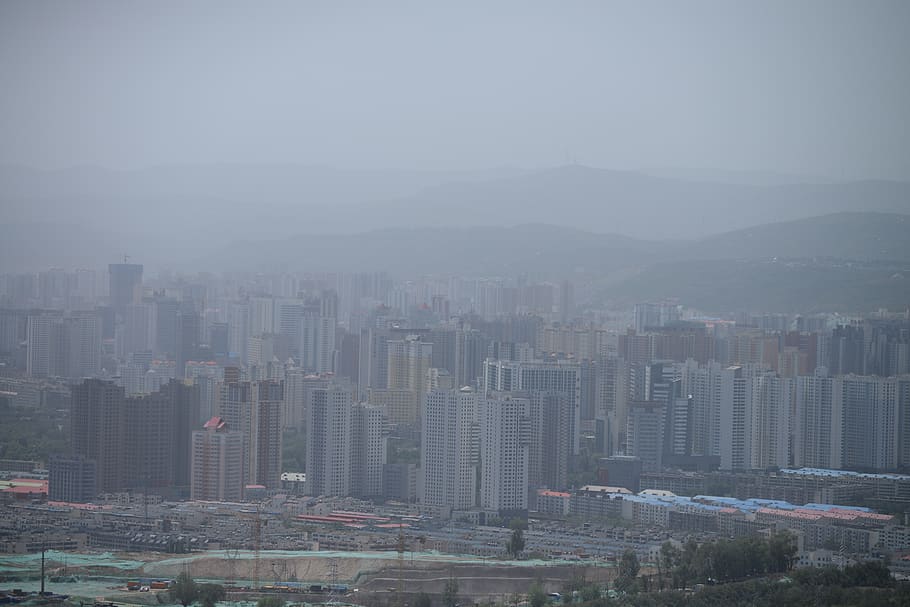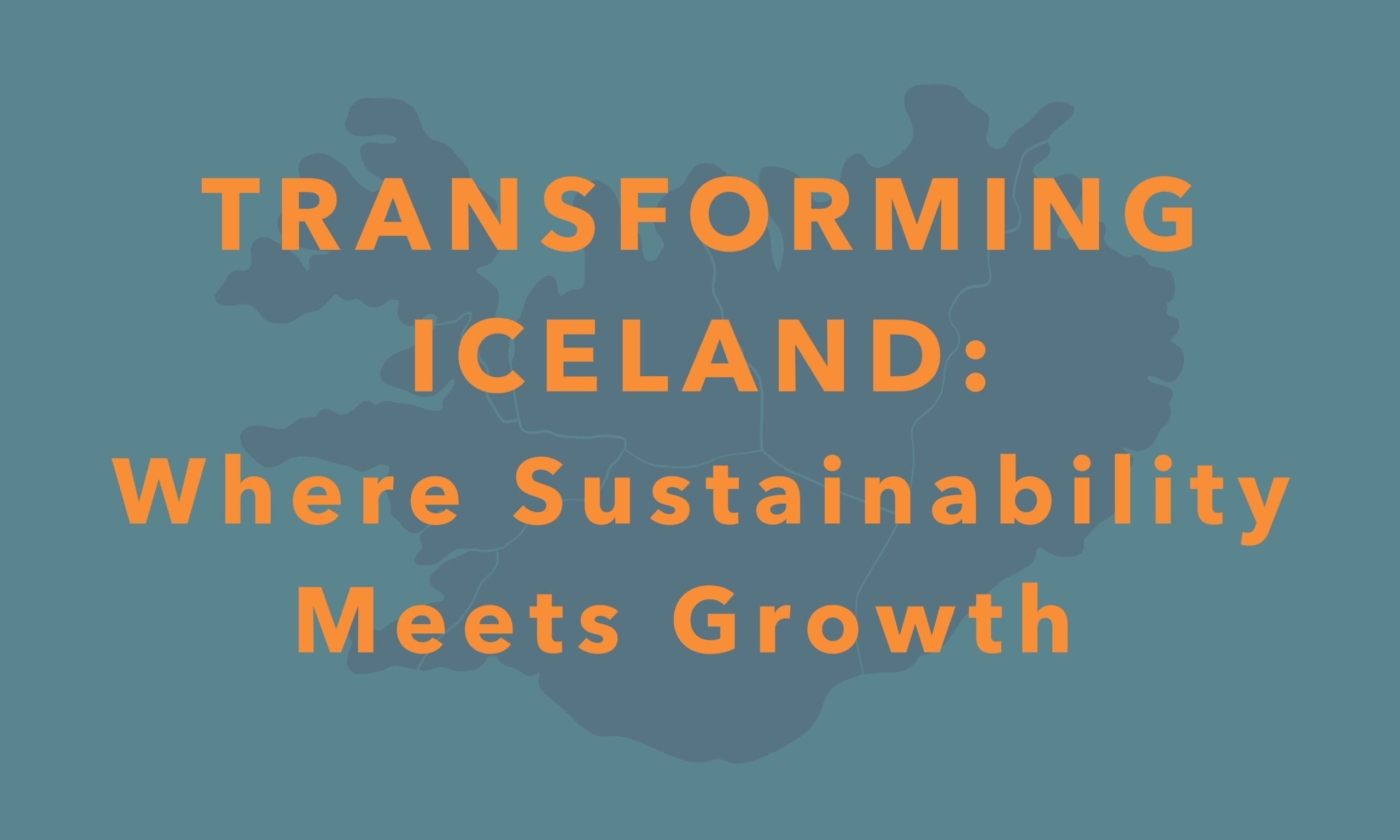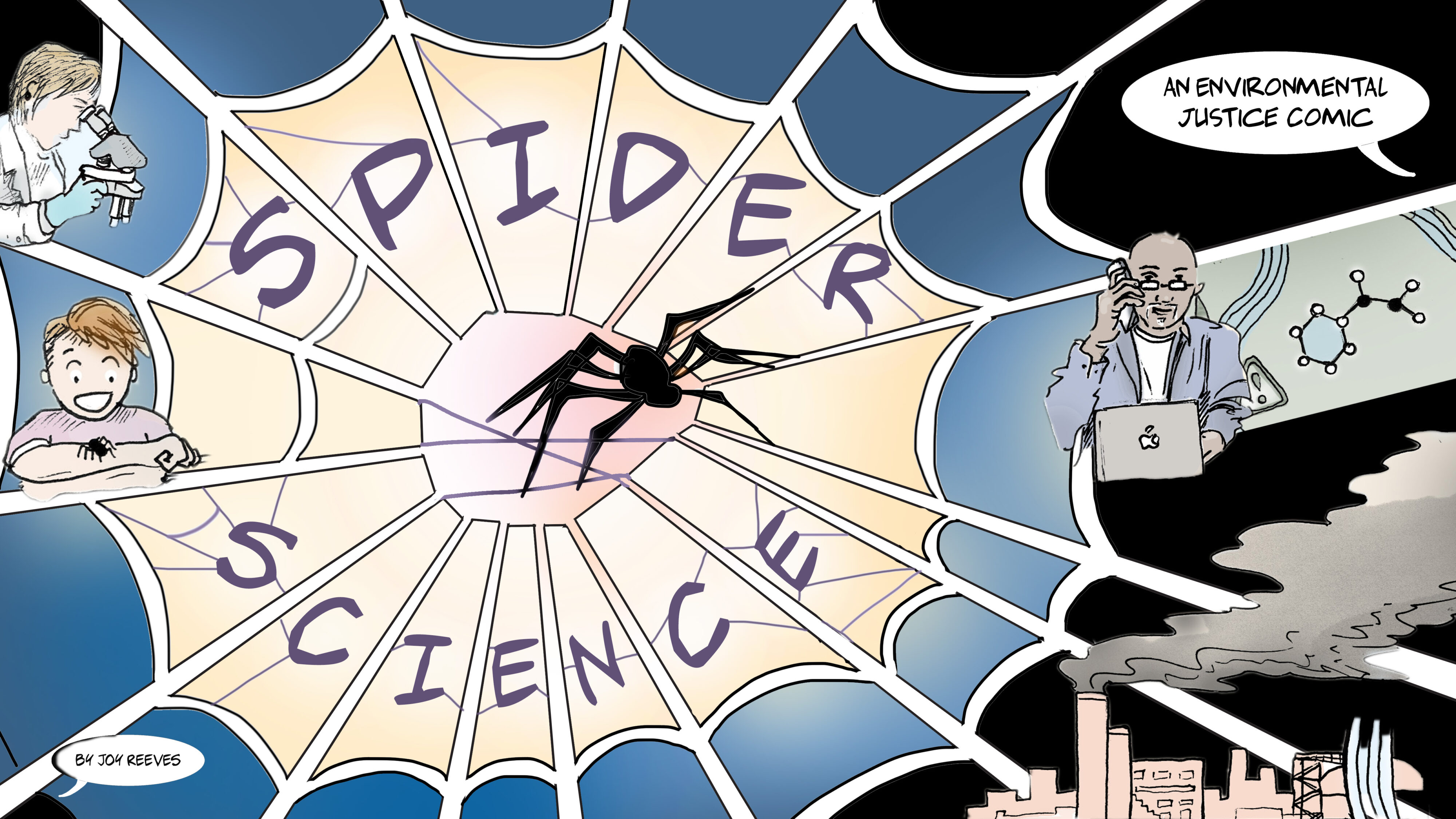
The clouded relationship between air pollution and the coronavirus

A silver lining of the global pandemic is making headlines across the media: air pollution is decreasing due to social distancing. The darker shadow behind this story is the impact past exposure to air pollution has on our bodies’ responses to the coronavirus. A concerning link has been found between long-term exposure to particulate matter (PM 2.5) and COVID-19 death rates in a nationwide study by Harvard University researchers, awaiting peer review. These findings lead pandemic research as the first current study to reveal air pollution’s impact on the nation’s current health crisis.
At Harvard University’s T.H. Chan School of Public Health, researchers analyzed data on PM 2.5 levels and COVID-19 deaths. This extensive information came from 3,000 U.S. counties, including up to 98% of the U.S. population, and covered data through April 4. Researchers found a 15% higher COVID-19 death rate in counties that averaged one microgram per cubic meter more of PM 2.5 in the air.
As the world faces a respiratory virus, it is important to understand that our lungs might not be as strong as we think.
Fine particulate matter are tiny chemical particles or droplets in the air that are two and one-half micrometers or less in width. Human visibility is limited to particles larger than 40 micrometers. This matter exists in materials like organic dust, airborne bacteria, construction dust, and coal particles from power plants.
When inhaled, particulate matter carries toxic chemicals into the respiratory tract, and accumulates in the lungs while also damaging other parts of the body, according to a 2016 study published in The Journal of Thoracic Disease.
Kelly Jones, a registered nurse with a doctorate in nursing science, is an expert at the National Socio-Environmental Synthesis Center researching the effects of neighborhood conditions related to health outcomes. She describes the human lungs as branch-like structures with built-in mechanisms to keep out foreign invaders. The larger particles are subjected to our bodies’ natural defenses such as coughing and sneezing.
Meanwhile, “These tiny tiny little particles, especially the 2.5 particles, make it all the way down into the lungs, lining the tissue and blocking the ability for gas exchange and lung movement,” Jones said. Ultrafine particles, 0.1 micrometer or less, can mimic oxygen molecules, entering into our bloodstream. The chemical reactive compounds found in ultrafine particles then impair the contraction of blood vessels causing clotting.
Outside of cities, large amounts of fine particulate matter exist in certain desert conditions such as the Sahara. “As far as man-made particles that we could actually control, definitely in urban spaces in more densely populated areas, there’s going to be more particulate matter overall. But with the exception that there are some natural systems where there is also fine matter,” said Jones.
It’s especially hard to imagine your lungs being coated with fine grains of sand in the Sahara Desert.
Beth Gardiner, journalist and the author of the book “Choked: Life and Breath in the Age of Air Pollution” said, “We know that air pollution is contributing to greatly increased rates of a whole long list of health problems from heart attacks and strokes to all kinds of respiratory problems, many types of cancer, dementia, Alzheimer’s, Parkinson’s disease, diabetes, the list just goes on and on.”
The Harvard paper estimated if Manhattan lowered its average particulate matter levels by only one microgram per cubic meter over the past 20 years, the area would likely have had 248 fewer outbreak deaths by early April. The researchers of the study wrote, “Results underscore the importance of continuing to enforce existing air pollution regulations to protect human health both during and after the COVID-19 crisis.”
A later study published in the journal Science of the Total Environment examined the relationship between long-term exposure to nitrogen dioxide, a chemical found in PM 2.5, and coronavirus fatalities. Mapping the distribution of nitrogen dioxide across regions in Italy, Spain, France, and Germany, scientist Yaron Ogden compared pollution levels to regional COVID-19 mortalities. Ogden’s results indicated that 78% of coronavirus fatalities were located in the five regions with the highest nitrogen dioxide concentrations.
Supporting Harvard’s findings, this research stated, “long-term exposure to this pollutant may be one of the most important contributors to fatality caused by the COVID-19 virus in these regions and maybe across the whole world.”
The Center for Disease Control and Prevention released new data on racial disparities in coronavirus deaths noting much higher mortalities in black communities compared to states as a whole. At local levels, air pollution is often worse in lower-income areas, where industrial facilities or highways serve as point sources, increasing exposure.
“It’s quite likely that air pollution exposure plays a role,” Gardiner said, “because we know that because of structural racism, environmental racism, and the way pollution facilities get cited, and housing systems work, we know that African Americans are exposed to much higher levels of air pollution than white Americans.”























